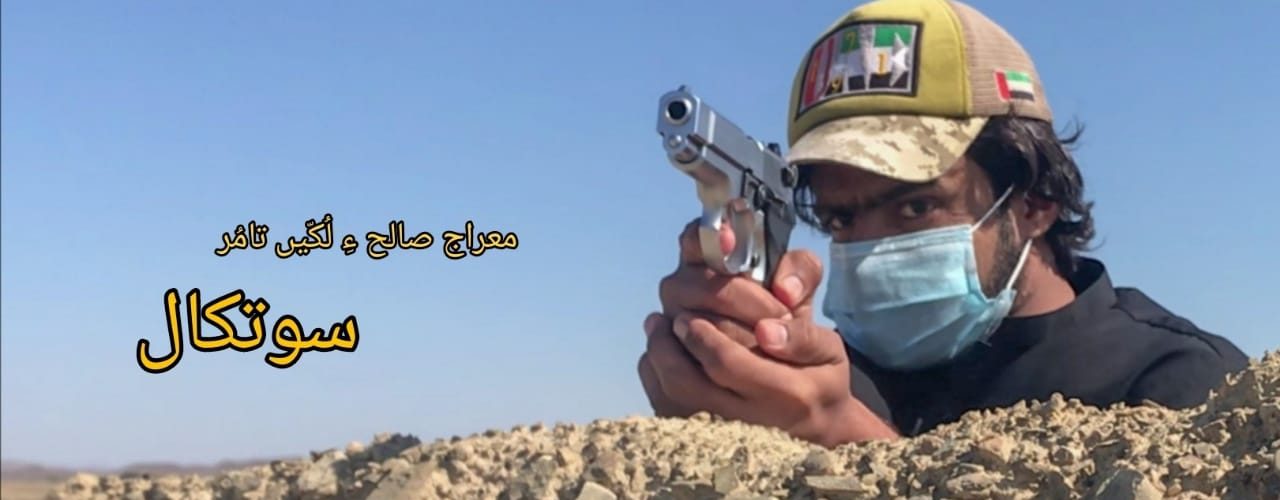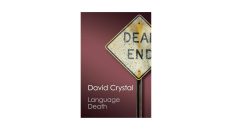The Balochi film “Sotkal” premiered on April 23, 2023. Produced by Shahzaib Arz and directed and written by Miraj Saleh, this movie explores the challenges confronted by the people of Balochistan, a region renowned for its abundant natural resources. Through its captivating narrative, we delve into the lives of three main characters: Mazar Basit, Salal Akbar, and Chakar Sharif.
“Sotkal” brings to light the plight of the Baloch people, who, despite being the rightful owners of the region’s resources, continue to endure immense hardships. The film portrays the arrogance of influential individuals and their privileged offspring, who perceive themselves as superior, thereby perpetuating turmoil in society and instilling fear among the people. These individuals engage in theft. Though, fully aware of their immunity from punishment due to their connections with the state yet they flaunt their expensive cars in the markets, further intimidating the locals.
Furthermore, the film effectively emphasizes the stagnation in Balochistan’s situation. Despite changes in government every five years, the conditions on the ground remain unchanged. Each new administration promises development and yet significant progress fails to materialize.
One character in the film represents a drug addict, symbolizing the grim reality faced by M.Phil scholars who, despite their qualifications, struggle to find employment opportunities. With limited options available, they often turn to drugs as a means of escape. It is disheartening to witness qualified scholars attempting to secure teaching positions through the SBK test, only to discover that these positions are being sold prior to the test. This corrupt practice perpetuates a cycle where only those with money can secure the posts, leaving the youth feeling compelled to resort to drugs.
A particularly poignant dialogue in the film states, “Hama Rocha Kor Kanag bota man k margy kotta wapent bly mani arwaah angat aasoodgh nae.” The writer conveys the hindrances he faced in education from influential members of society, known to all. In Balochistan, acquiring an education is considered a sin and students who seek knowledge are brutally silenced and killed. Cases such as Hayat Baloch and other abducted students, whose whereabouts remain unknown, serve as haunting reminders of this harsh reality.
In its poignant conclusion, the film leaves us with a heartfelt and with pleading to Allah, questioning when the Baloch people will be free from this dire situation. “Sotkal” compels us to confront the harsh truths that plague Balochistan and urges us to reflect upon the injustice and suffering endured by its people.
Through its compelling storytelling and remarkable performances, “Sotkal” sheds light on the harsh reality of Balochistan’s struggle. It serves as a wake-up call, reminding us of the urgency to address the issues we face. As we watch this film, we must question our own role in bringing about the change and justice that the Baloch people rightfully deserve.








Add comment